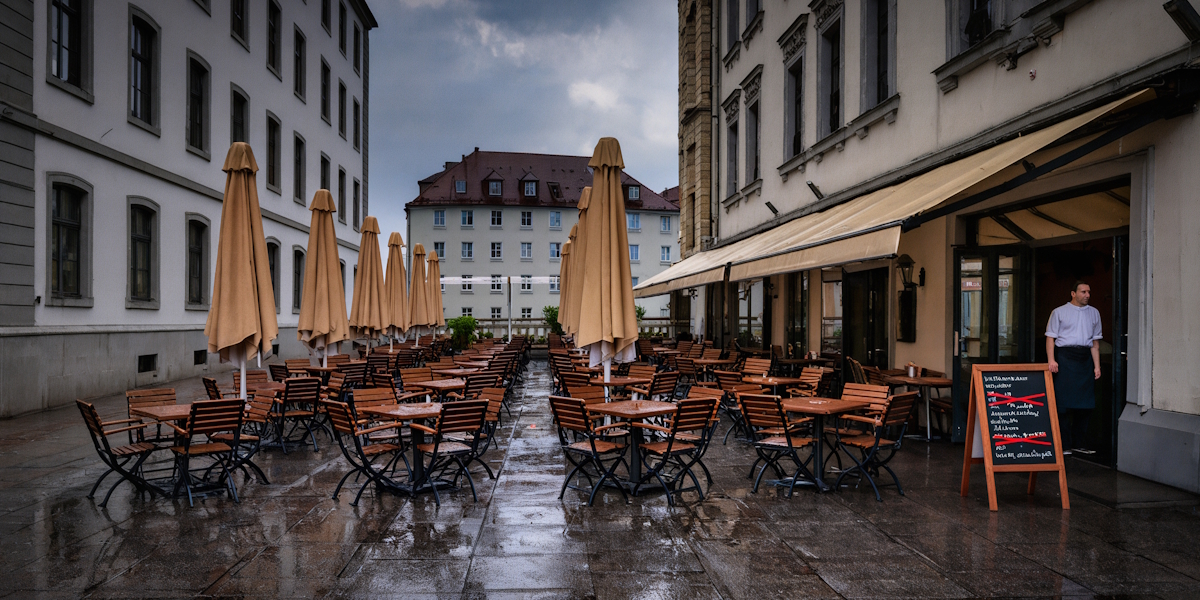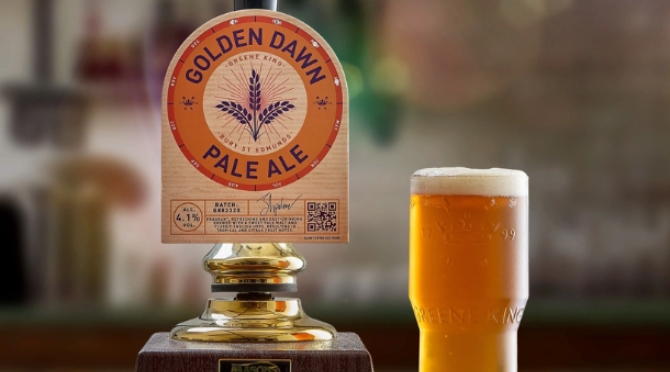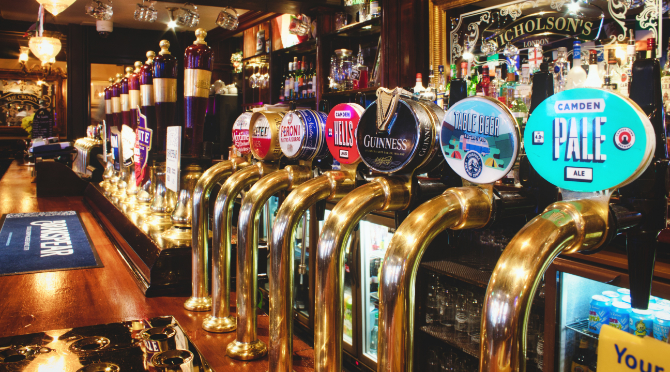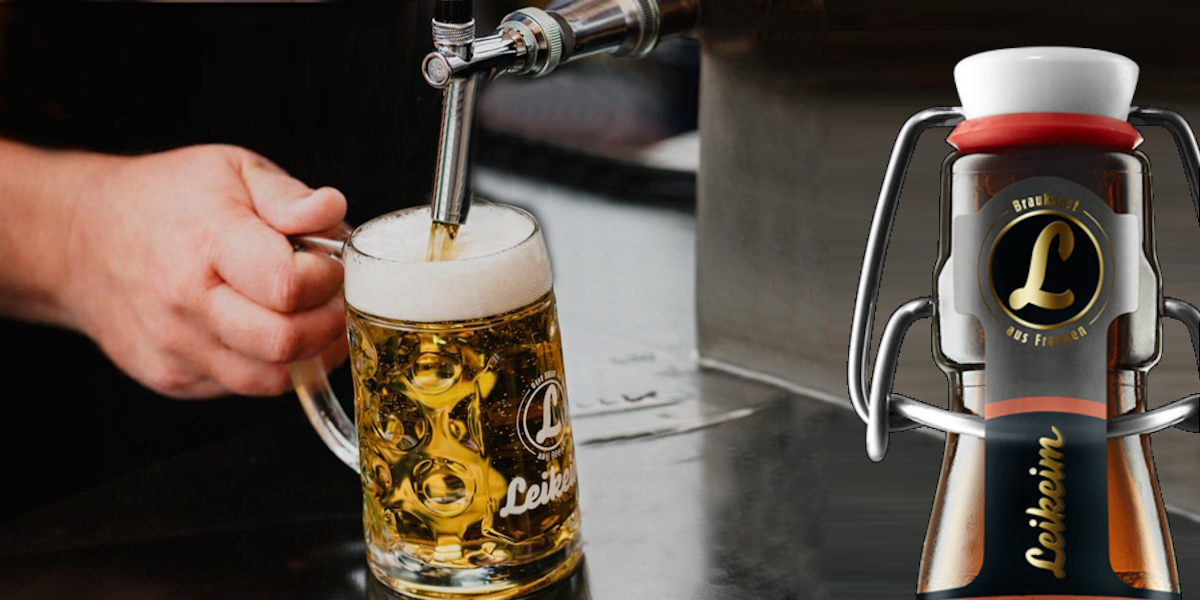
Sector struggles with high costs, weak demand, and rising insolvencies
Germany's hospitality industry has experienced its steepest revenue decline since the end of 2021. According to Statistisches Bundesamt, sales in May dropped by 2.2% compared to the previous month, and by 4.6% when adjusted for inflation—marking the largest real decrease since the pandemic's peak. Compared to May 2024, the real year-on-year decline stood at 4.0%.
Hotels and other accommodations were hit especially hard with a 7.0% real drop in revenue, while restaurants, pubs, and similar businesses faced a 3.9% decrease. This slump follows a brief Easter rebound and is part of a wider trend of weakening consumer demand.
Contributing factors include a sharp increase in food and beverage prices—up by one-third in five years, far outpacing general inflation. Many consumers are now dining out less, choosing cheaper meals, and skipping extras like appetizers or a second drink. DEHOGA President Guido Zöllick warns of growing price sensitivity and a concerning wave of consumer restraint.
At the same time, the sector is grappling with escalating costs. The reintroduction of the full 19% VAT rate on food in January 2024 has weighed heavily on earnings. Moreover, a recent decision to raise the minimum wage from EUR 12.82 to EUR 13.90 in 2026 and EUR 14.60 in 2027 is expected to further strain businesses.
Insolvency rates underline the industry's crisis: credit agency Creditreform reports a 27% surge in restaurant bankruptcies last year, and a staggering 67% increase among caterers and food service providers. DEHOGA surveys reveal that 66.1% of food-focused establishments are experiencing profit declines, while over 60% report fewer guests and falling revenues.
The government has pledged relief in the form of a permanent VAT cut for food services back to 7%, starting January 2026. However, economists from ZEW Mannheim criticize the plan, noting the tax break may mainly benefit higher-income households and cost the state up to EUR 3 billion annually.
With mounting costs and diminishing demand, many hospitality businesses now find themselves in existential peril. As Zöllick puts it, “the economic breaking point has been reached for many — they are up against the wall.”




Comments
2